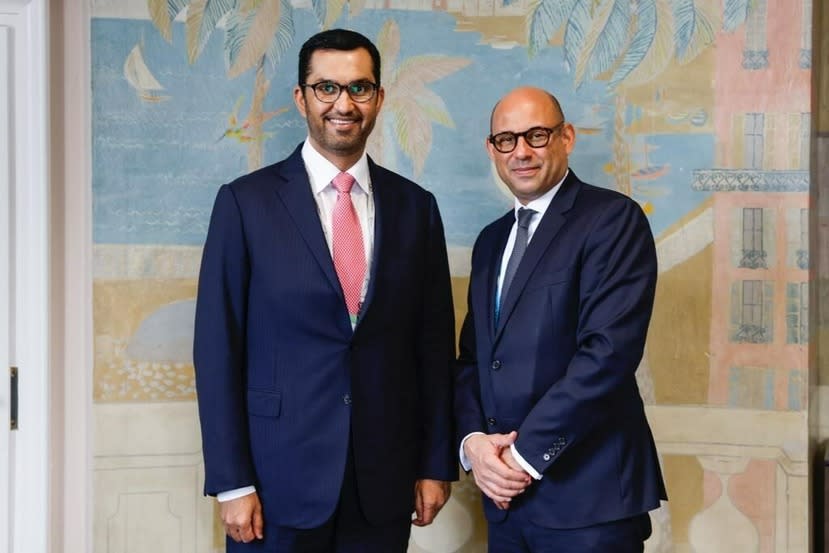What is COP28 and why does it matter?

What do King Charles, Greta Thunberg, Larry Fink, Rishi Sunak, Leonardo DiCaprio and Bill Gates all have in common?
As of Friday, December 30, the monarch, prime minister, businessmen, film star and activist are among those expected — or rumoured — to convene in Dubai for the COP28 summit.
The climate convention is unlikely to be far from the headlines over the next fortnight. And City A.M. has broken down everything you need to know ahead of time.
What is COP28?
In 1992, the United Nations (UN) held an environment conference — the Earth Summit – in Rio de Janeiro, Brazil, where 154 states signed up to the UN Framework Convention on Climate Change (UNFCCC).
The environmental treaty saw the states, or ‘parties’, agree to take action to combat what was then known as global warming by working to stabilise greenhouse gas emissions.
Since then, each year the so-called Conference of the Parties (COP) has gathered to agree on measures to continue meeting their treaty obligations.
Crucially, at COP21, in France, in 2015, the states signed the Paris Agreement, which set them on a path to limit global temperature rises to 1.5C above pre-industrial levels – or pre-fossil fuels – by 2100.
COP28 is the latest iteration of the annual summit and will take place in Dubai, in the United Arab Emirates (UAE), from Thursday, November 30, to Tuesday, December 12.
Why is it in the UAE?
The UAE, which is one of the world’s top ten oil-producing nations, will host the event at the Expo City Dubai convention centre after it successfully bid to hold the conference.
It’s a state that faces considerable challenges due to climate change, with a hot and humid climate and was the first Middle Eastern nation to pledge to hit net zero by 2030.
According to its clean energy strategy, Dubai also aims to have 75 per cent solar energy production by 2050.
However, Sultan al-Jaber, who holds the COP presidency, is chief executive of the state-owned oil firm, as well as chairman of renewable energy company Masdar.
It has been reported by the BBC that UAE’s COP28 team prepared talking points to discuss potential oil and gas deals with foreign governments, including China.
Why does it matter?
COP28 will be particularly significant as it is seen as a crucial conference to ‘keep 1.5C alive’ – i.e. stick to the goal of limiting global temperature rises to 1.5C, as agreed in Paris in 2015.
According to the Intergovernmental Panel on Climate Change (IPCC), this is vital to dodging the worst effects of climate change, and long-term warming is already at 1.1C or 1.2C.
The UN has suggested the window is “rapidly narrowing” and COP28 will see the parties agree on a global stocktake.
This means “looking at everything related to where the world stands on climate action… identifying the gaps, and working together to agree on solutions pathways”, the UN said.
COP28 will also focus on clean energy, including slashing greenhouse gas emissions pre-2030; securing money for so-called ‘loss and damage’ deals with poorer countries; prioritising nature, humanity and inclusivity; as well as finance, food and health days.

 Yahoo Finance
Yahoo Finance 